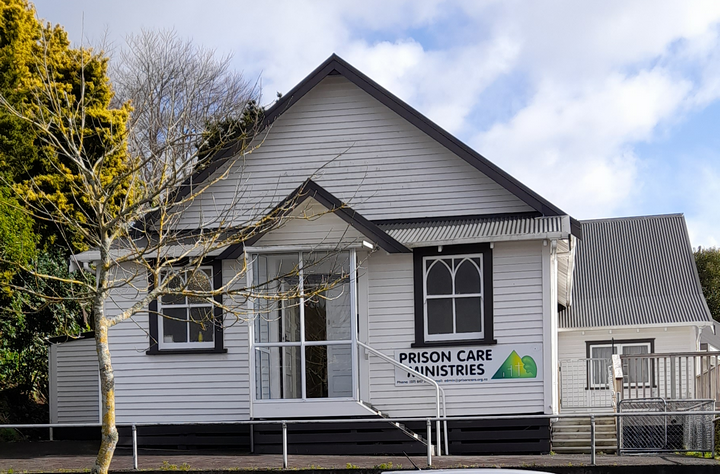The Christian kaupapa of Prison Care Ministries provides an environment of reinforcing the biblical values of integrity, honesty and respect towards each other, staff, and family. Giving trust, hope and a purpose for living, residents develop self esteem and are more likely to succeed.
This model meets the spiritual needs of residents and is suited to all prisoners in particular Maori and Pacific Islanders and those who are attending church and/or bible study.
Prison Care Ministries is not exclusive and is tolerant, sensitive and supportive of people of other religions and culture. Over the past years residents have been Christian, non Christian, Buddhist, Sikh, and have differing sexual orientations and come from a diverse range of ethnicities such as Maori, Pacific Islander Pakeha, Indian, European and African.
Prison Care Ministries approach is relationally based as opposed to one that is structured around the agency/social worker/client model. This offers more of a mentoring service emphasising communal and community living rather than one based on programmes.
The organisation is ‘needs based’ and focuses on the resident’s strengths and their future. Relationships with the residents are built on mutual respect. Men receive on-going support to gain independence and to reintegrate back into the community and family through positive input into their lives.
We believe that to set a time limit on their support accommodation may put some men at risk of re offending if moved out too early. The length of stay at the houses varies as we are there to meet the needs of the men and for some a few weeks may be sufficient while others may need several months before moving into their own accommodation. Most residents do move within 6 months but we have had the occasional resident stay 10-12 months.
Prison Care Ministries believe that the success of their work is determined by the ability to spend time and establish positive, respectful and trusting relationships with released prisoners.
This style of interaction with released prisoners must always be positive and professional. This approach must maintain clear, safe and professional boundaries, and requires regular supervision for all staff.



